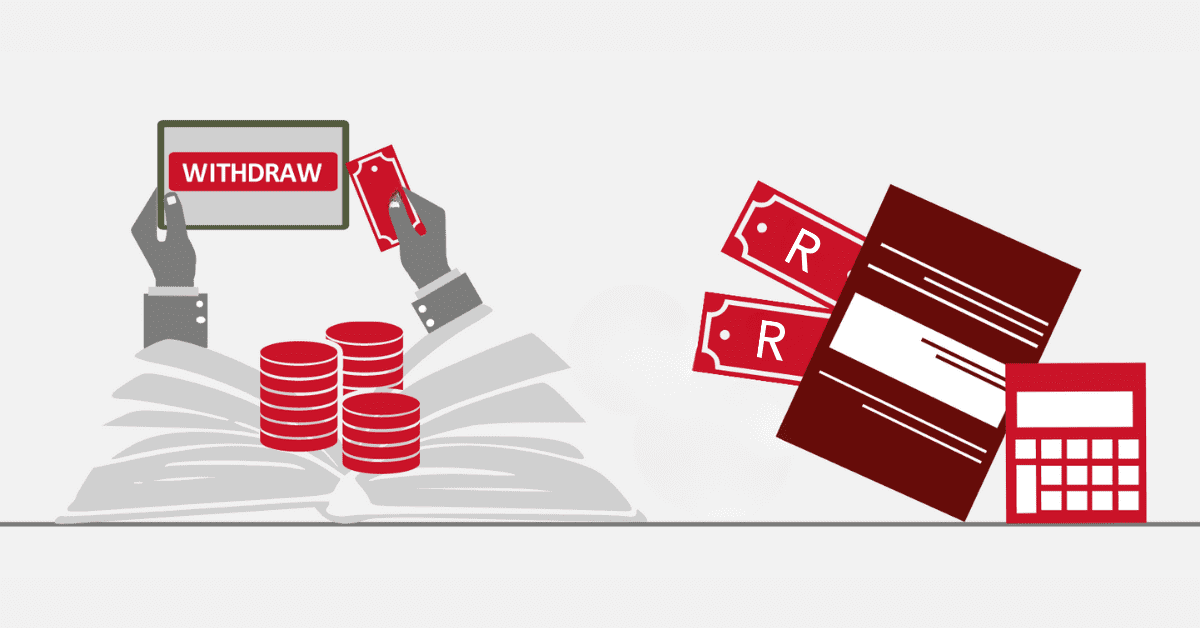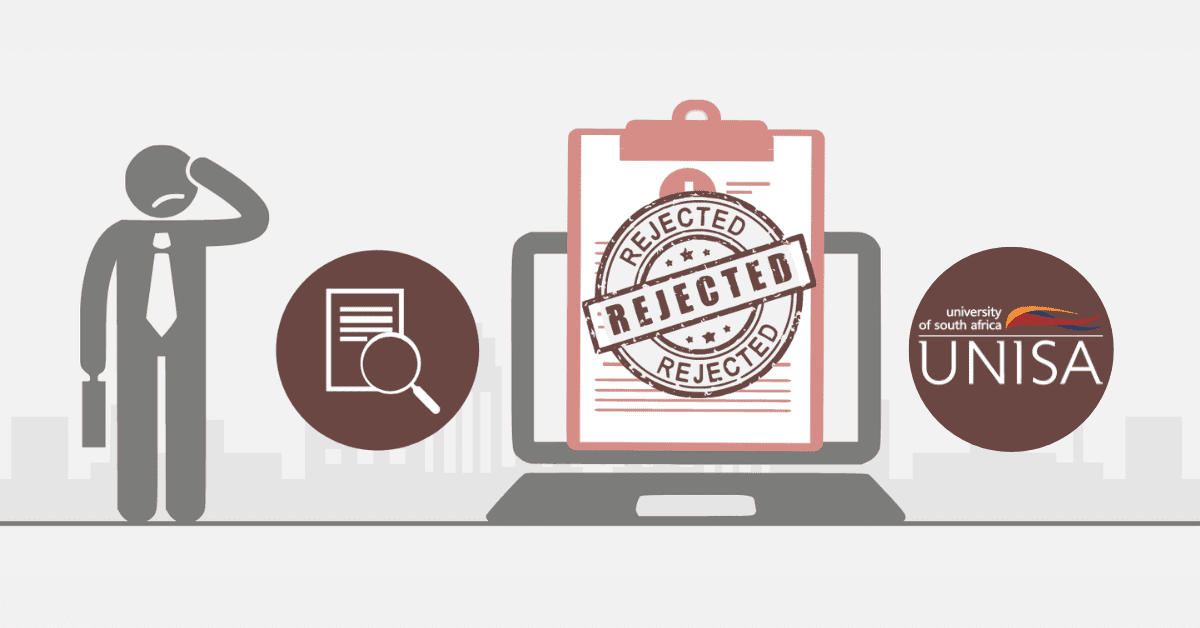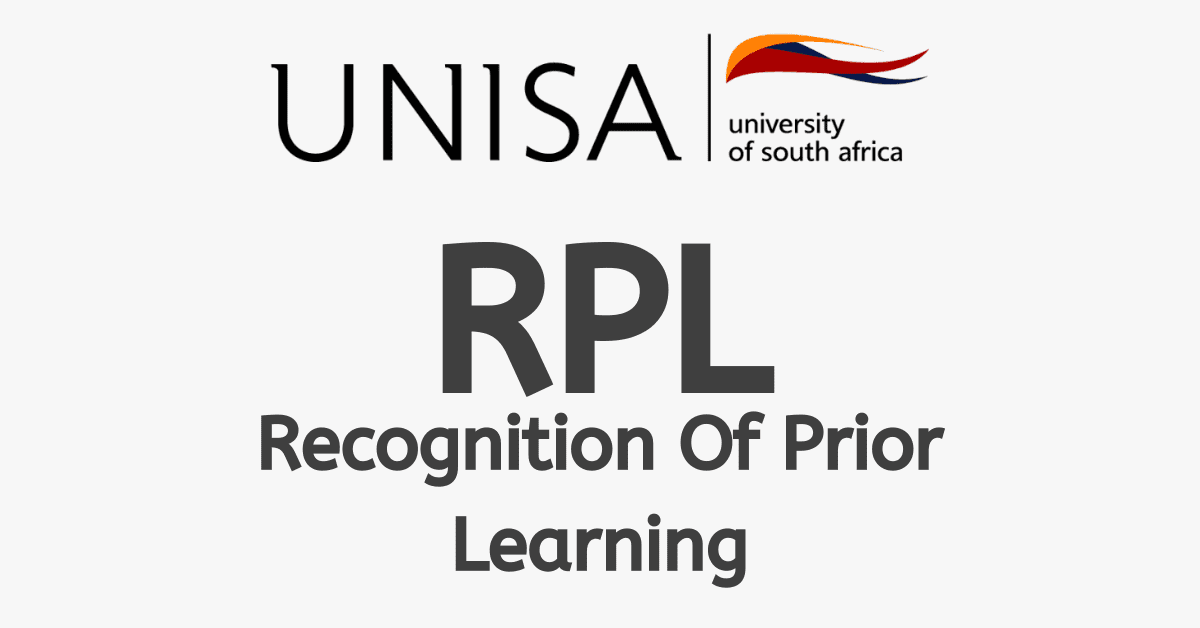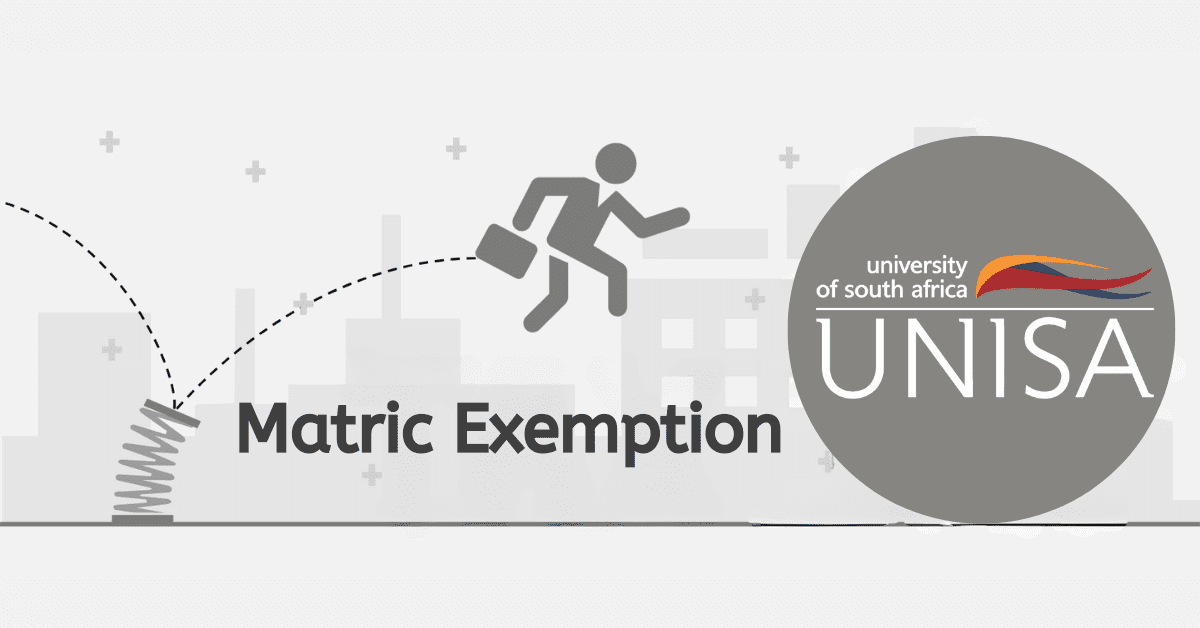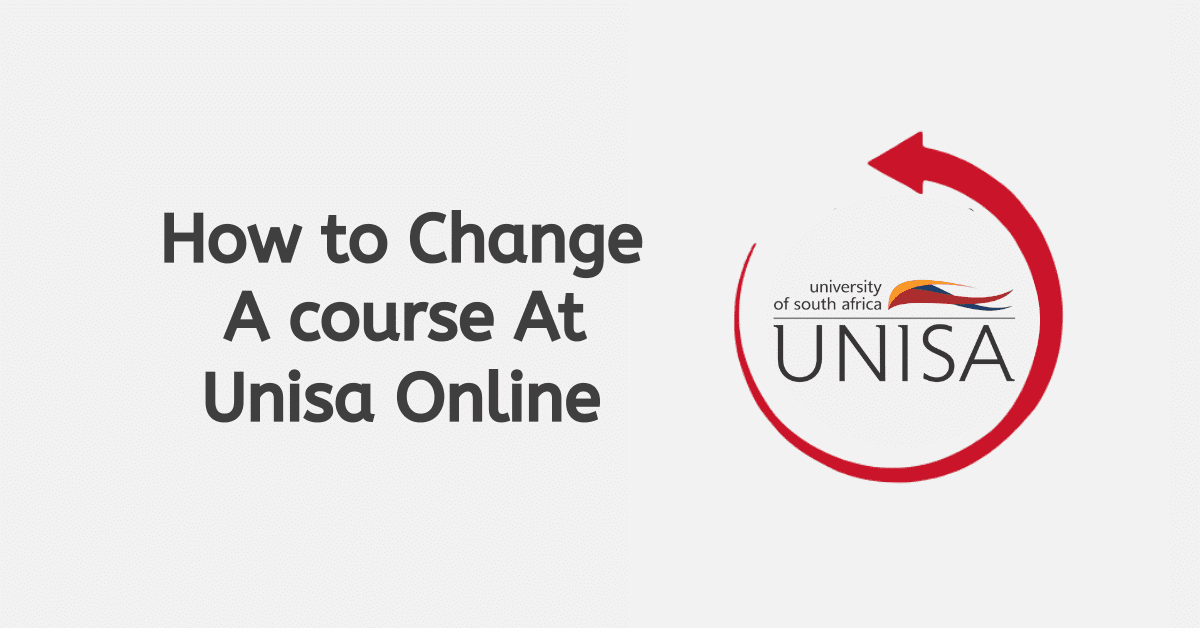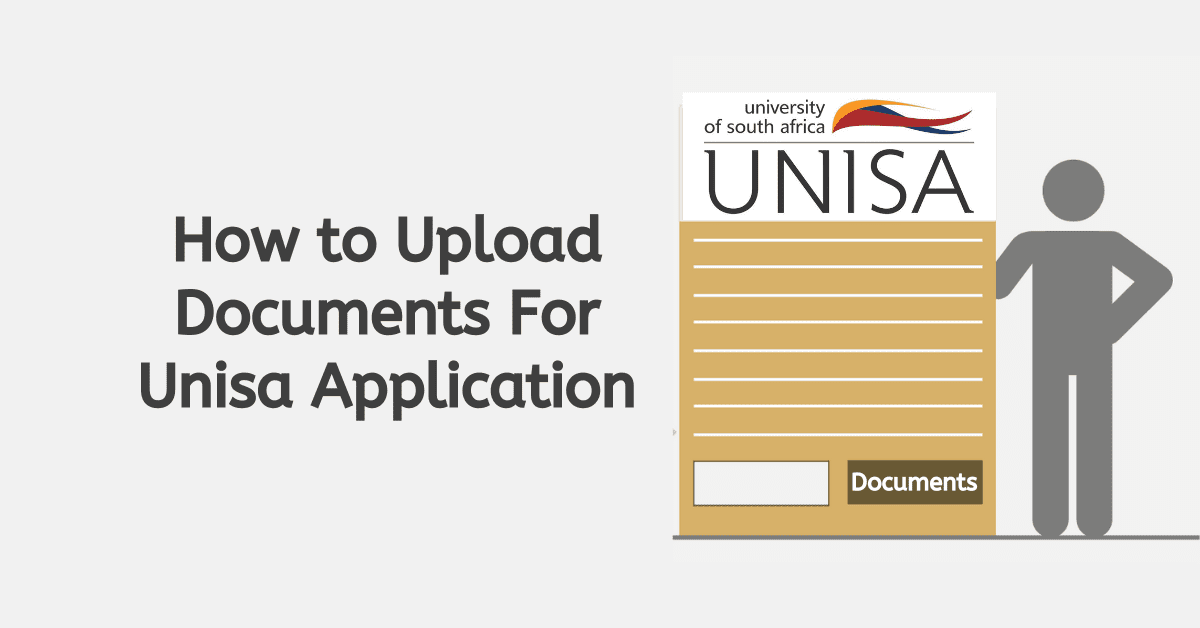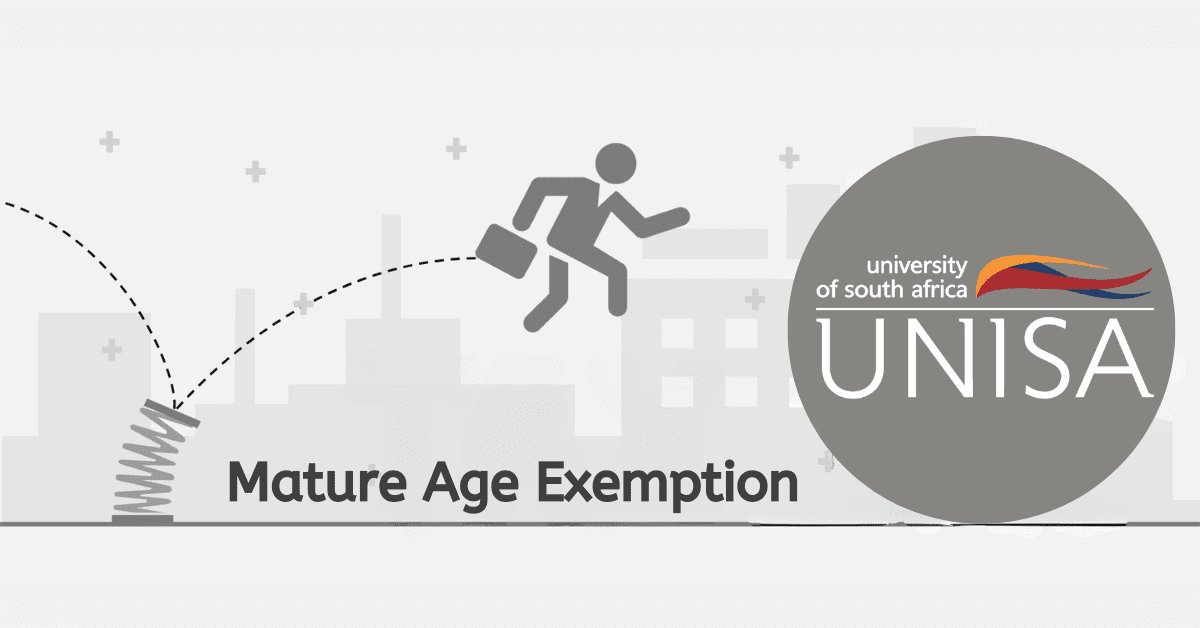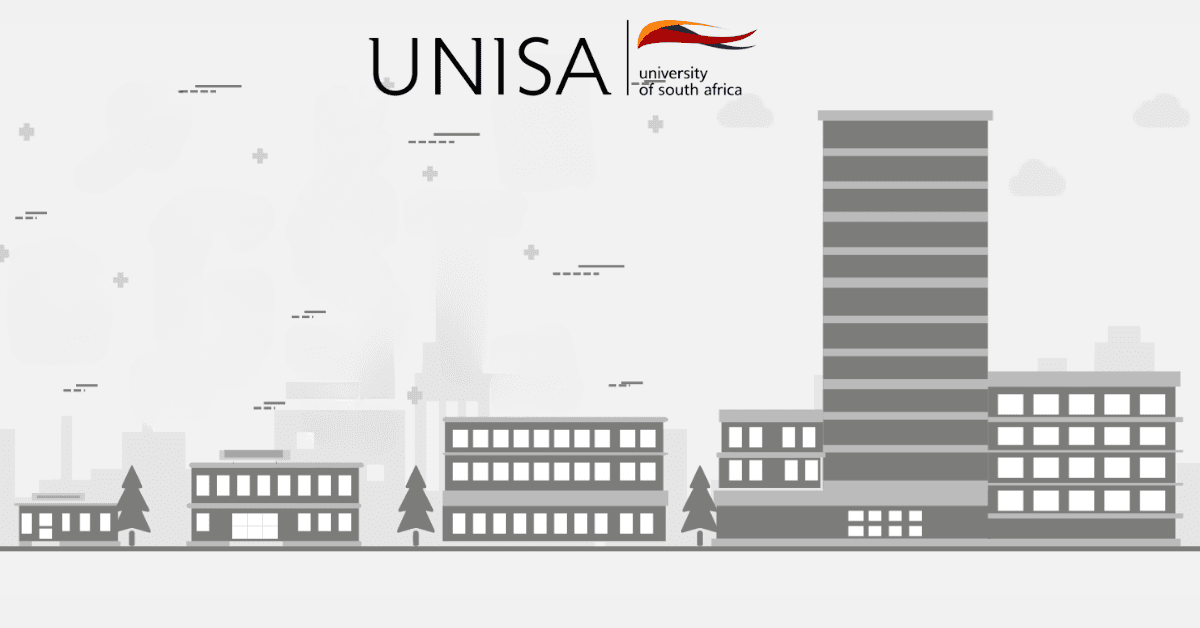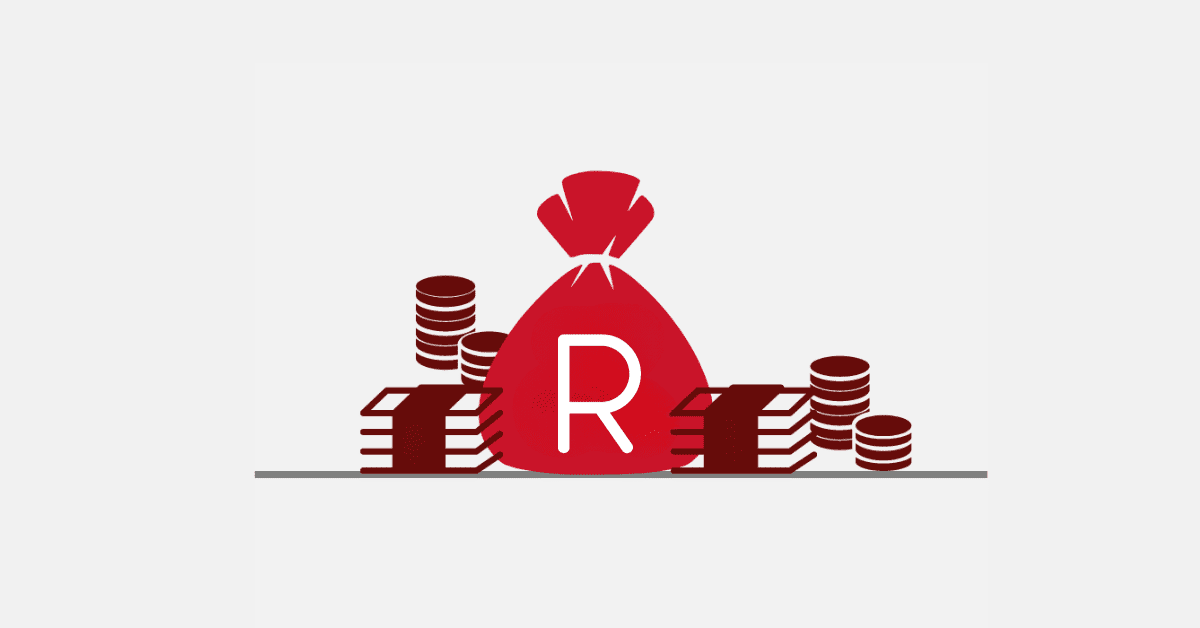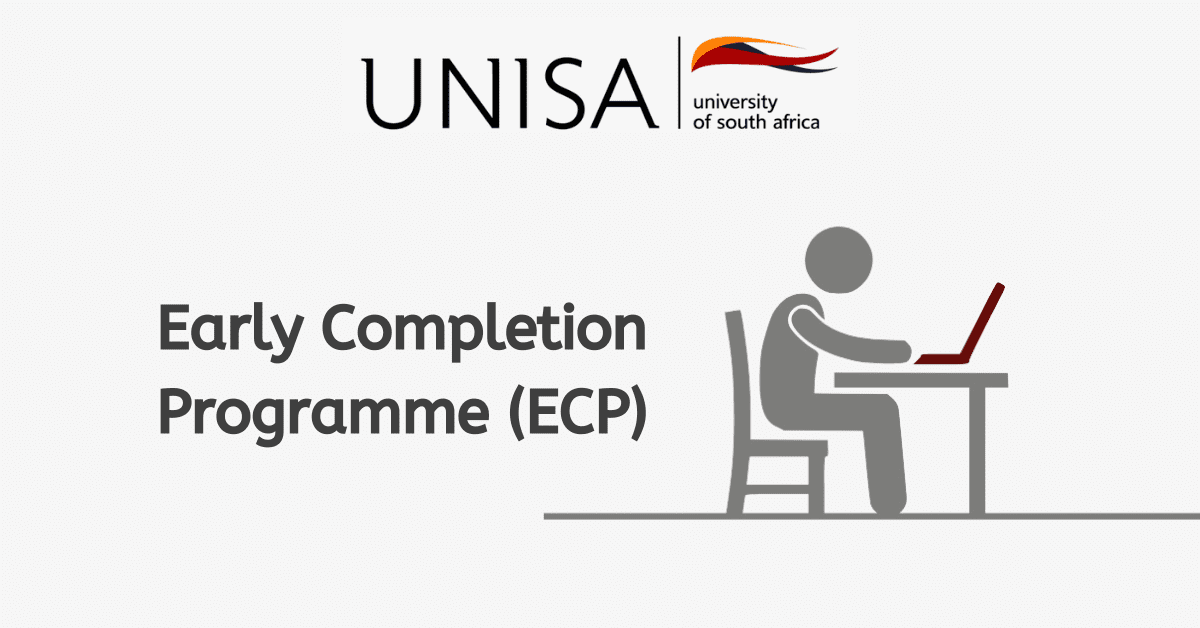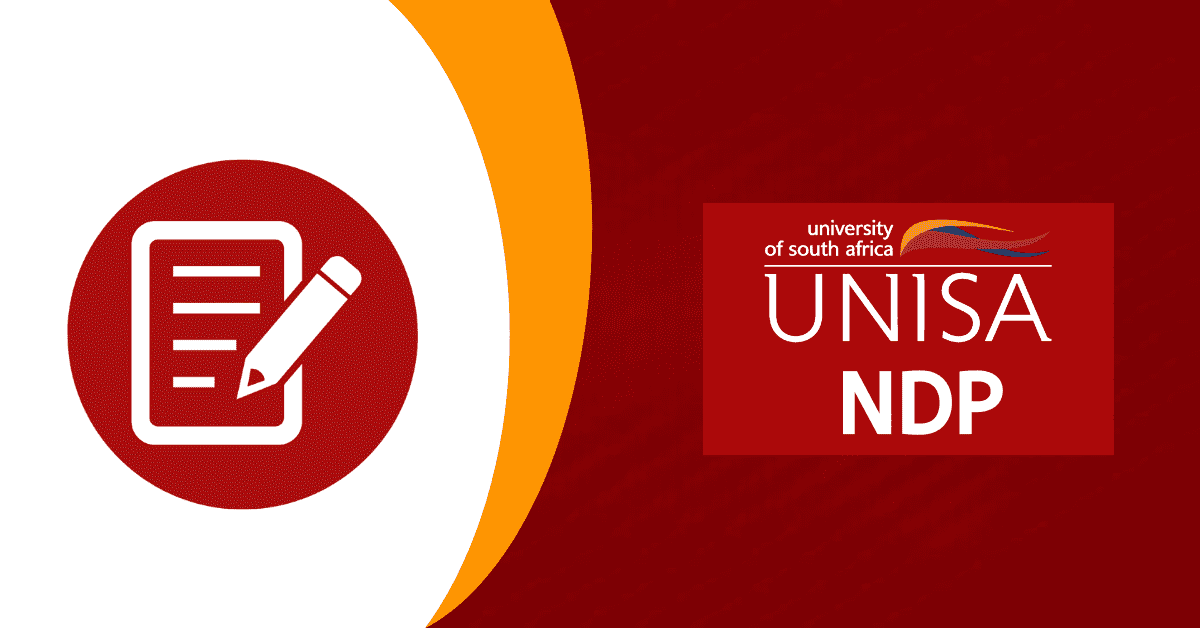Exploring many options at the University of South Africa can be a gateway to higher education. These explorations give learners many options for courses, programs, and even other forms of application.
Since its establishment, UNISA has provided flexible and accessible tools to students worldwide.
With excellent commitment and strong dedication, UNISA offers
Through a diversified policy and strategy, UNISA introduced the module exemption by recognising the prior learning policy.
The module exemption is one policy that has helped many applicants with prior knowledge or relevant qualifications.
In this blog post, we will give precise information on what it means to have an exemption from a module at UNISA, how to apply for module exemption at UNISA, who qualifies for module exemption, and how much the exemption fee costs.
What does it mean to be exempted from a module at Unisa?
As students try to put in their application to UNISA, there are certain unfamiliar terms they may encounter, including module exemption at UNISA. This concept of module exemption provides applicants with the opportunity to bypass some modules based on their qualifications or prior knowledge in a particular field.
So the exemption module works for students with previous experience in a job field or qualification. And in this instance, UNISA allows them to skip these modules in a particular program they have chosen to study. It actually means students have gained the necessary knowledge within that field, and therefore, it is considered a waste of time to go through the same module.
This policy is time-saving, cost-effective, and also has a bigger flexibility option for the institutions as well as the students.
What UNISA does is create a platform where students or applicants can identify some of the materials they are familiar with. Also, these modules that may be seen can be deleted from the profile, giving them an exemption from it.
How to apply for module exemption at Unisa
Before we take you through the process of applying for module exemption at UNISA, let us highlight some key details.
One thing that is known is that the module exemption has a link with RPL (recognition of prior learning) and the transfer of modules from one institution to another. These key concepts at UNISA have a connection that comes out upon understanding their application.
The module exemption can save time for applicants who may wish to proceed to study at a higher level following their previous qualification, which has strong similarities. These concepts can save you a tonne of money when you understand them.
Here is a simple step-by-step guide on how to apply for module exemption at UNISA.
- It is important to gather information on the program, course, and module in question.
- Visit the official website of UNISA at www.unisa.ca.za
- Register(if not registered) and log in with your credentials.
- You can search for exemption on the search bar or click on “Apply” and proceed to select the term “exemption.”
- Fill in your details and download the module exemption application form named “DSAR04.”
- Complete the form with the correct details and attach all supporting documents.
- Submit the forms and all supporting documents to UNISA through the email or available office (study-info@unisa.ac.za or adhoccredits@unisa.ac.za)
Who qualifies for module exemption at Unisa?
It is very crucial for you to understand how the module exemption work in order to know if you qualify or not. Although the module exemption concept at UNISA is open, the qualification defines the individuals who are fit for this type of application.
So do you want to know if you qualify for module exemption at UNISA? Are you looking to apply for module exemption at UNISA? Here you go; here are the criteria for the module exemption qualification at UNISA.
- Students who may have transferred from the institution to UNISA and have completed equivalent programs and modules.
- Students who have earned credits from another institution or completed their credits at UNISA in a similar qualification can apply for module exemption.
- Any individual with relevant working experience or skill in a particular field, whether formal or informal, can qualify for module exemption.
- Students who transfer credits from one institution to UNISA and have taken up similar modules can qualify for module exemption.
How much is the exemption fee for Unisa?
Fees are part of every instruction, even for free state instructions. These fees are part of the school’s rules and regulations for providing services for applicants and prospective students.
The process of exemption comes at a cost at the University of Ghana. If you are looking to apply for an exemption at the University of South Africa, it is important to consider the cost involved.
The application fee for exemption at UNISA is R700 per application. Applicants must note that the fees are adjusted annually, and therefore the exemption fees can be altered.
If you are looking to apply for exemption at UNISA, it is important to consider a budget between R700 and R1000 for the application.
